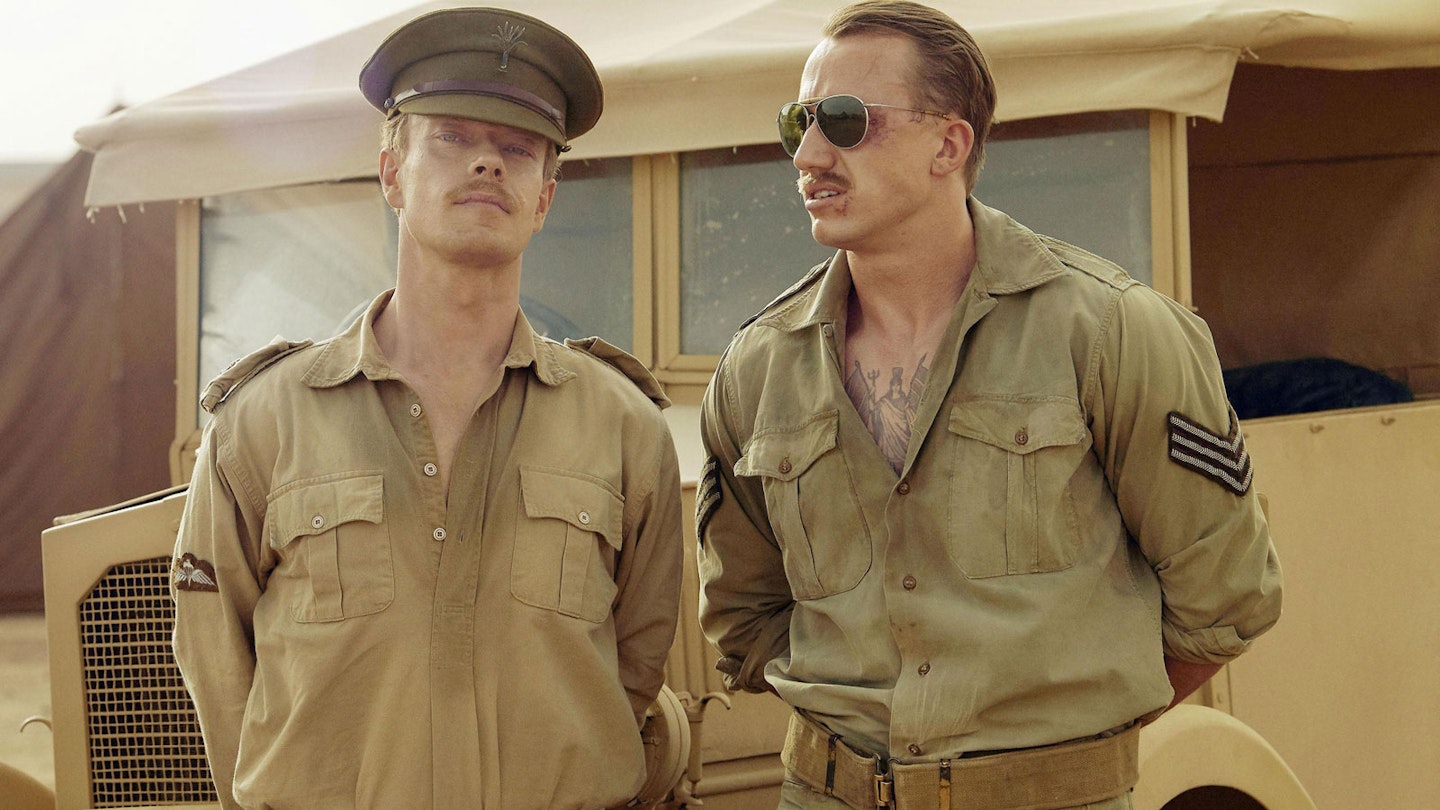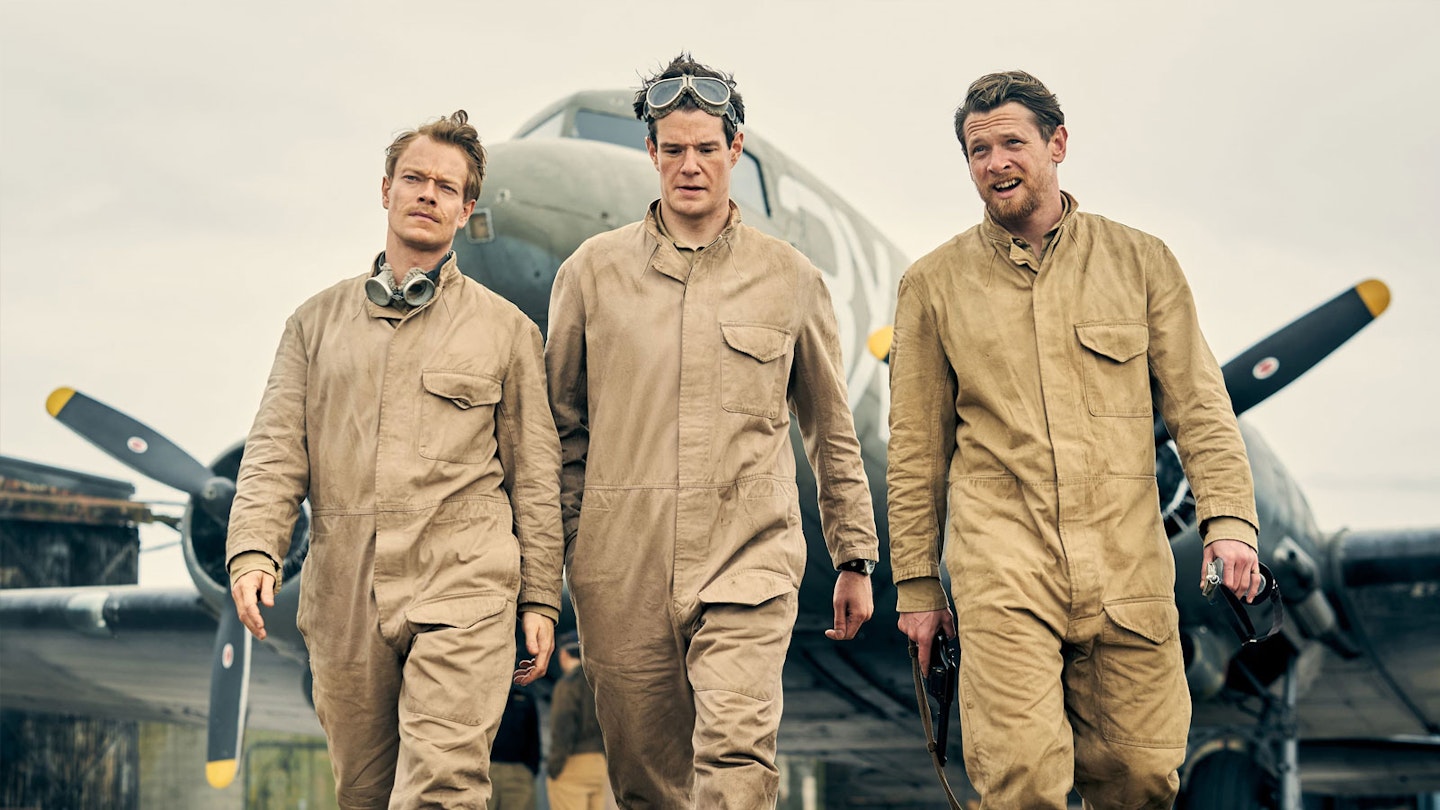When news dropped that Peaky Blinders’ creator Steven Knight was working on a drama series telling the origin story of the SAS set in the middle of World War II, it made perfect sense. After all, Peaky is a story of hyper-masculine men in uniform (albeit flat caps and tweed jackets) operating outside the rules of “normal” polite society while wielding big weapons. And Cillian Murphy’s Tommy Shelby, who suffered with PTSD after his wartime experiences, ran his own army of brave young men. It’s just they were fighting rival criminal gangs rather than say, the Nazis (although Nazis got involved in the end, too). If anything, this actual war story takes a much more jaunty, often jocular approach to its wartime setting. It is, at least to start with, a veritable romp, although the nasty, violent reality of life during wartime is unflinchingly portrayed when it needs to be.

From the off, this series is everything you’d expect from a Steven Knight production. His signature punky tone is very much present and correct, marked by the use of thumping anachronistic, rock-tastic needle drops (AC/DC’s ‘Highway To Hell’ and The Stranglers’ ‘Something Better Change’ are particularly well deployed), splashy on-screen graphics, and punchy dialogue full of relentless profanity (the phrase “What the fuck are you doing here?” is uttered a lot). Even the wording of the opening disclaimer is playful: “Based on a true story, the events depicted which seem most unbelievable… are mostly true”. As the series winds on, it becomes startlingly clear this is no idle boast, and Knight’s scripts revel in the Catch-22-style gallows humour of its often insane situations, while the big action set-pieces are skilfully handled by director Tom Shankland (The Serpent).
Among the impressive ensemble, Connor Swindells (Sex Education) stands out as David Stirling, the driving force behind the crackpot scheme to create the new, secret regiment that became the SAS. We first meet him in a genuinely funny sequence in which he refuses to kow-tow to a superior officer (played with relish by comedian Miles Jupp), and his cocky insouciance does not let up from there. Jack O’Connell is as committed as ever in the surprisingly complex role of poetry-loving Paddy Mayne, an Irishman who spends a lot of time in military jail as punishment for attacking various commanding officers, but who forms a deep friendship with fellow Irishman Eoin McGonigal (Donal Finn), which is beautifully understated. And if you’re wondering whether there’s any room for women in this story, Sofia Boutella pops up from time to time as a French-Algerian spy, mainly to spar with Dominic West’s wilfully eccentric intelligence officer Lieutenant Colonel Wrangel Clarke, who randomly arrives on the scene in full drag. If Boutella's role feels a tad inconsequential, her tête-à-têtes with Swindells and West do sparkle. As does the whole riotously thrilling series.
